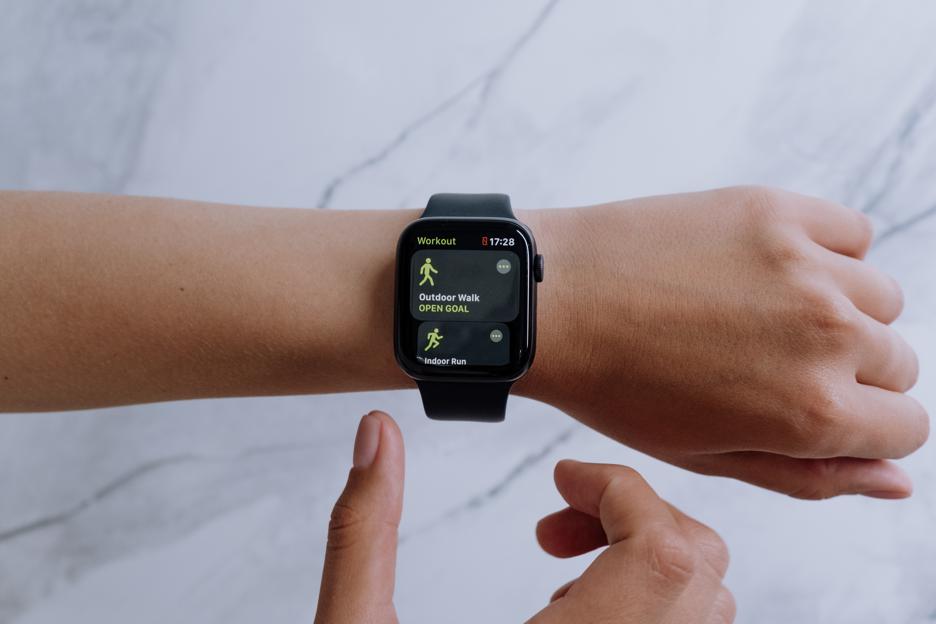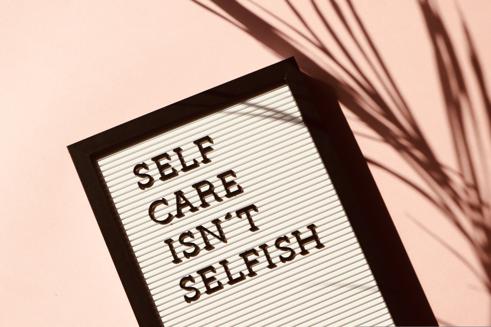Benefits Of Health Literacy
Health literacy is a term that is becoming increasingly important in today’s health care environment. It describes the ability to understand and use health-related information to make decisions about health and to access and use health services. In this blog post, we will explore the various benefits of health literacy and how it can help individuals make informed health decisions.
We will also discuss how health literacy can be improved and how it can be used to improve patient outcomes.
The benefits of health literacy


Health literacy is an important factor for people to understand their overall health and wellbeing. It is the ability to comprehend and process information in order to make informed decisions about health.
The benefits of health literacy are vast, spanning from improved patient outcomes to increased provider satisfaction. People with higher health literacy are more likely to take preventative measures and have a better understanding of their diagnosis and treatments.
Additionally, they are more likely to be adherent to their medication, meaning they are more likely to follow instructions and see positive results. Having a greater understanding of health can also increase a patient’s sense of autonomy and empowerment, as they are able to take more control of their health. Lastly, more health literacy can lead to improved provider-patient communication, leading to better outcomes.
The impact of health literacy on health outcomes


Health literacy is an essential factor in achieving positive health outcomes as it helps individuals to better comprehend and act on health information. It enables people to make informed decisions regarding their health care, and can lead to improved communication with health care professionals. The benefits of health literacy are numerous, from reducing medical costs to improving quality of life.
Improved health literacy can lead to better self-care, better communication with medical providers, better understanding of medical instructions, and improved outcomes for preventive care, chronic care, and emergency services. Additionally, improved health literacy can enable individuals to better understand their health risks and make appropriate lifestyle changes.
Ultimately, the positive impact of health literacy on health outcomes is undeniable.
Improving health literacy through education


Health literacy is an important factor in overall health and wellbeing. It is a set of skills that enables individuals to understand, interpret and use health information to make informed decisions about their health. Improving health literacy through education can have significant benefits for individuals, families, and communities.
Education can help to increase access to health information, as well as provide people with the skills to interpret and apply this information to their daily lives. It can also help to reduce health disparities, as those with lower literacy levels are often less likely to understand and utilize health services.
Furthermore, improved health literacy can help to reduce healthcare costs, as individuals are better able to understand and manage their own health, leading to fewer visits to the doctor. Ultimately, education can help to empower individuals to take control of their own health and make informed decisions that benefit their overall health and wellbeing.
Benefits of digital health literacy


Health literacy is essential to understanding and managing your health, and the benefits of digital health literacy are plentiful. By learning how to use digital tools to access health information, communicate with healthcare providers, and track your health data, you can make more informed decisions about your health and wellness.
With digital health literacy, you can easily access reliable health information, connect with healthcare providers, and manage your health data in an organized, secure way. In addition, you can take advantage of online health services such as telemedicine and online appointment scheduling, and gain access to personalized health information tailored to your specific needs. With digital health literacy, you can make your health a priority and stay up-to-date on the latest developments in healthcare.
Strategies to increase health literacy


Having a good understanding of health literacy is essential in today’s world. Health literacy is the ability to access, understand and use health information to make informed decisions about our health.
It is important to be aware of the benefits of health literacy as it helps to increase our understanding and knowledge about health and wellbeing. Some strategies to increase health literacy include improving access to health information and resources, providing clear and simple health messages, engaging in health-related conversations, and utilizing health-related technologies. These strategies can help to increase our understanding of health and how we can make positive changes to our health and wellbeing.
In addition to this, health literacy also has the potential to reduce healthcare costs, improve patient-provider communication, and increase access to health care services. Ultimately, health literacy is an important tool to help us better manage our health and wellbeing.
Final Touch
In conclusion, health literacy can have a positive impact on an individual’s health and well-being. It can help people make healthier decisions, increase their access to quality healthcare services, and help them better understand and manage their health. Health literacy also helps reduce disparities in healthcare access and quality, as well as the associated costs.
Health literacy also helps reduce disparities in healthcare access and quality, as well as the associated costs. By improving health literacy, individuals can feel empowered to take charge of their health and become more engaged in their own healthcare decisions.







